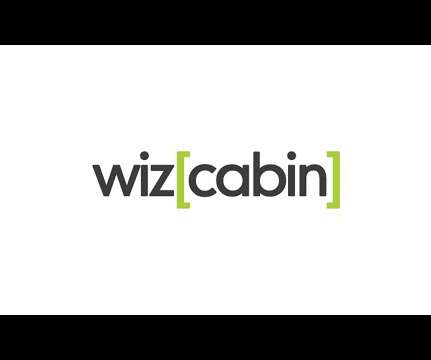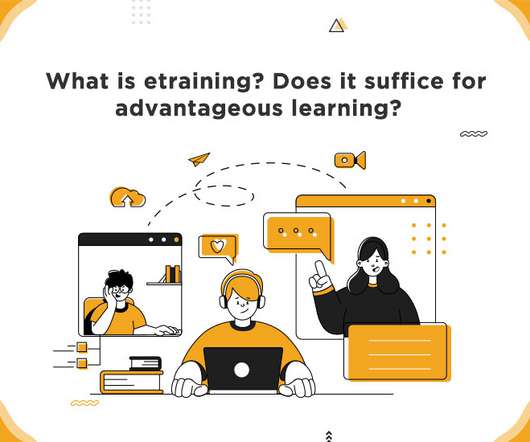Evidence-Informed Practice
The Performance Improvement Blog
DECEMBER 20, 2011
Some nonprofit organizations, in an effort to improve outcomes for their clients and to be more accountable for results, are applying an “evidence-informed practice” approach to their work. For example, PART (Practice and Research Together) is promoting evidence-informed practice in child welfare agencies across Ontario, Canada.
























Let's personalize your content